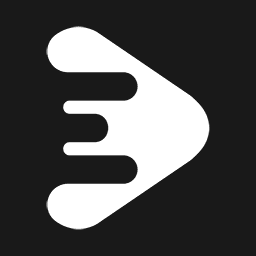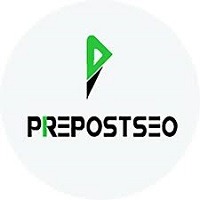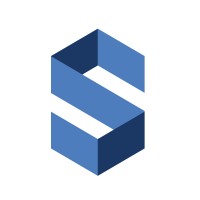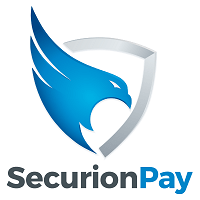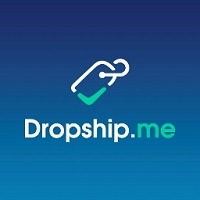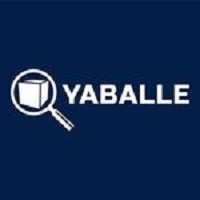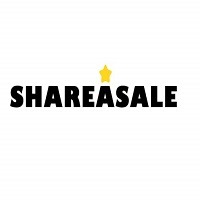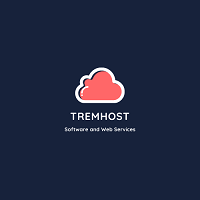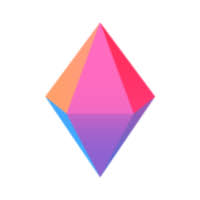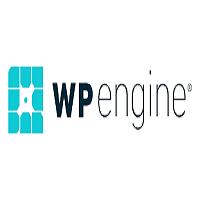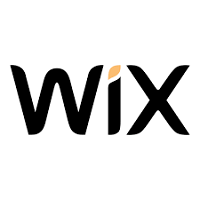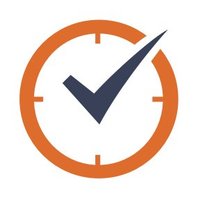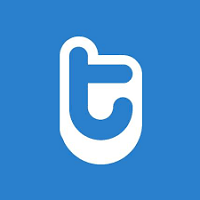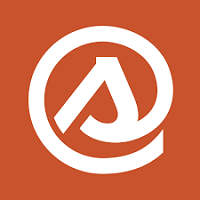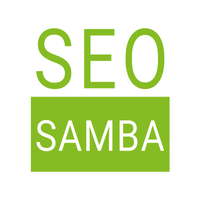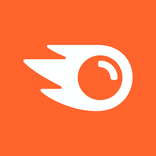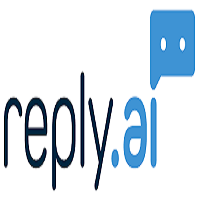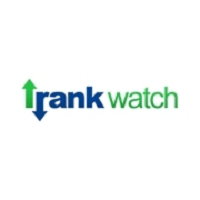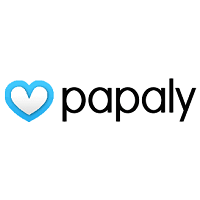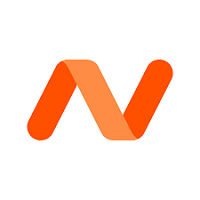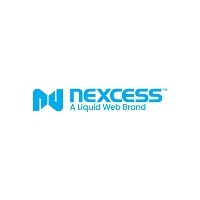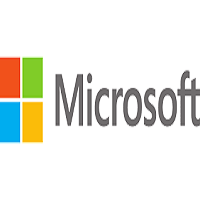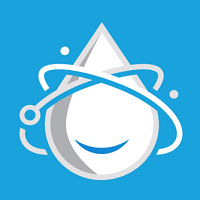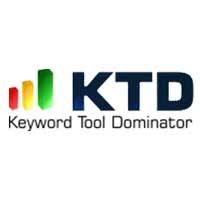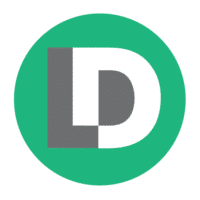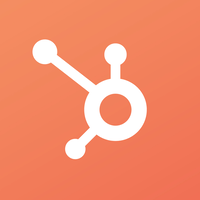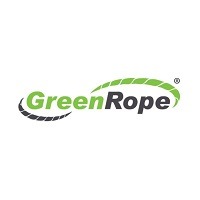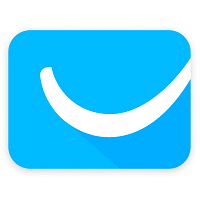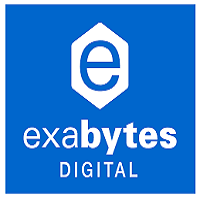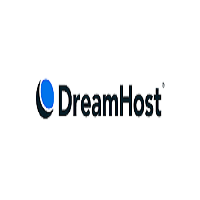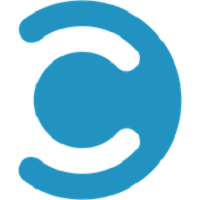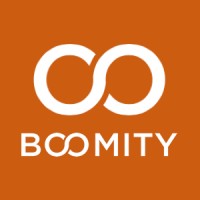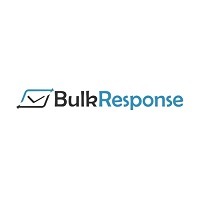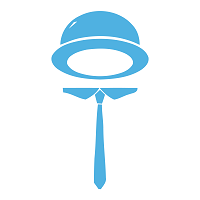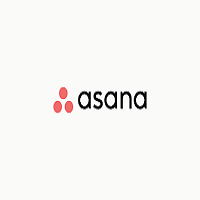HR Software
Human resource software (or HR software) is a form of software that assists organizations with workforce management. The best HR software can make it easier to administer and more likely to deliver desired results, whether it’s a fundamental obligation such as payroll or a more conceptual one like employee learning and development (L&D).
Human resource (HR) software stores employee information in a central record system via human capital management (HCM) software. Core HR systems are used to handle employee information, like benefits data and payroll, inside a centralized HR database that is easily accessible. Human resource information systems (HRIS) and human resource management systems (HRMS) have long been used for advertising these HR technology solutions, but have lately been supplanted by the more common term, HCM.
Core HR software is used by businesses to maintain employee profiles, save essential personnel records, and spot trends with a comprehensive picture of the organization. Most HR departments use core HR systems, which allow HR managers to maintain personnel data and communicate significant trends to management. In addition, many essential HR solutions have self-service capabilities, allowing workers to change their benefits or contact information without disrupting HR operations. Core HR software is frequently installed as part of a comprehensive HR management suite, or it provides connections with third-party HR programs to improve its value across different HR tasks.
See the top HR software list in 2021 at a glance below and select the best human resources software for your company.
Software related to HR software that can be used together with HR tools includes: Video Interview Software, Talent Management Software, HCM Software, Freelance Platforms, Accounting & Finance Software, Time Tracking Software, Billing and Invoicing Software.
